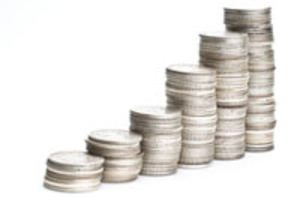Getting Started Managing Your Personal Finances
Your personal finances are something that you should be thinking about regularly. After all, unless you have an unlimited source of income, you have to plan how you will have enough money to pay the expenses that you will incur. Not managing your finances will eventually lead you into debt that can get out of control. If you want to learn how to get started in managing your personal finances, read this article for some good advice.
It is easier said than done, but do not spend more than what you make in income. If you do not have enough money to pay for what you had spent on, you will go into debt. Be mindful of what you can afford, and spend within your means.
In order to manage your personal finances well, you need to create a budget. In your budget, write down how much income you take in every month. Then, write down the expenses that you have to pay for every month. These expenses can be broken down into fixed expenses and variable expenses. Examples of fixed expenses are your rent or mortgage, car payment, insurance premiums, or anything else to which you have a fixed obligation to pay. Your variable expenses will include food, utilities, clothing, home repairs, education, recreation, and anything else that can cost a different amount each time. Allocate your income among all of these lines of expenses. Do not forget to include a line item for saving. When you are done, both sides of the budget should balance each other. After you create your budget, stick to it.
Improve Your Personal Finances
If you have credit card debt, make it a priority to pay it off as soon as you can. The hefty interest rates can take you deeper and deeper into the hole if you do not pay off your balance. If you are already over your head in debt and need help in getting out of it, consider contacting a debt consolidation service. They can consolidate all of your debt under one umbrella, negotiate with your creditors, and come up with a reasonable payment plan that will work for you.
Try to put some money into a savings account for emergencies. There may come a time when your regular source of income is no longer available or not enough to meet an unexpected expense. In those cases, the money in your emergency account can support you until your financial situation stabilizes.
It is never too early to start a retirement plan. The sooner you start, the more time your retirement fund has to grow. Even if you can put in just $25 a month, it will add up to a lot in 30 to 40 years.
You can see that there are many ways in which you can improve your personal finances. It is not hard to do, and it just takes a bit of learning and discipline. If you take care of your money, it will take care of you when you need it.

